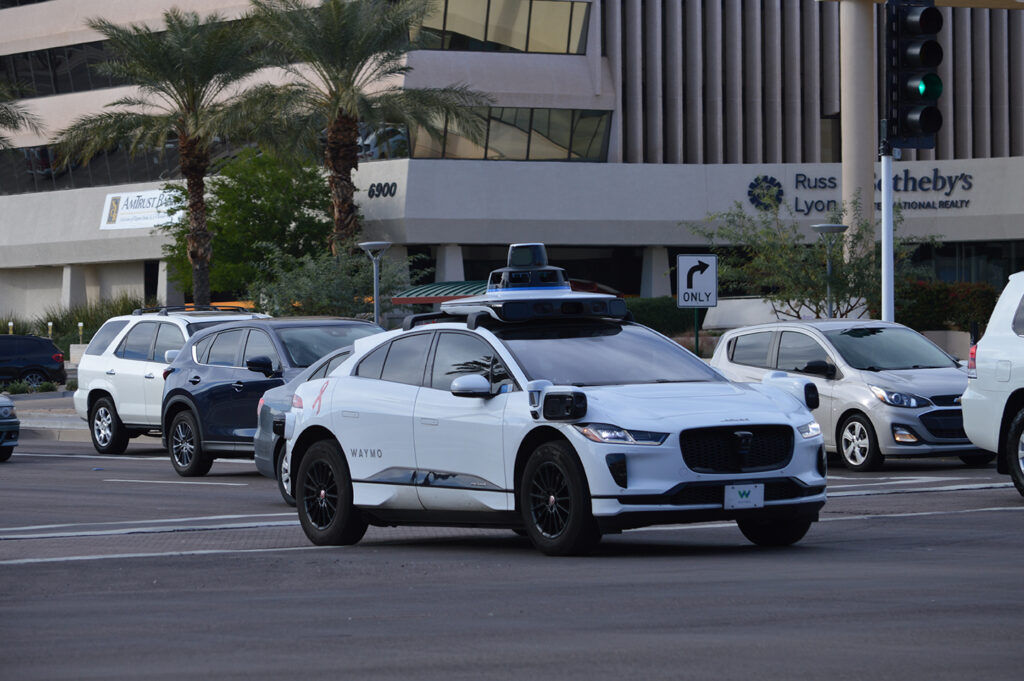The notion of self-driving robotaxis took the automotive industry by storm five years ago, only to face delays and scaled-back plans due to technological challenges.
However, recent developments suggest that 2024 could be the year where these autonomous vehicles make a significant comeback. Commercial roll-outs are anticipated in more cities, marking a quiet yet steady progress in overcoming the hurdles of the past.
Plan Insurance can provide bespoke taxi insurance quotes for all UK drivers. Just fill in our short online questionnaire, and our professional brokers will be in contact to arrange your insurance.
One notable milestone was the California Public Utilities Commission’s decision in August 2023 to grant Waymo and Cruise the ability to operate a 24-hour robotaxi service, expanding from their previous limitation to night rides. This decision, however, was not without controversy, as it sparked a six-hour public comment session. Uber and Lyft drivers expressed concerns about losing their livelihoods, while representatives of various services, including garbage disposal trucks and the fire department, raised issues about safety and vehicle breakdowns.
Despite the skepticism, supporters presented what they believed to be the advantages of robotaxis. Individuals with disabilities saw potential benefits, citing the reliability and safety of autonomous vehicles. An orthopedic surgeon praised the behavior of these cars, expressing more trust in them than in human drivers. A visually impaired individual even claimed that robotaxis provided a level of safety she had never experienced with traditional ride-hailing services.
The conflicting opinions underscore the debate surrounding the adoption of robotaxis. Trust in self-driving cars among Americans dipped for the second consecutive year in 2023, according to a survey by J.D. Power. The challenge for 2024 lies in whether the advancements in robotaxi technology can outpace the declining public perception.
Both Waymo and Cruise assert the safety of their robotaxis. However, complaints like those from San Francisco’s fire service regarding 55 obstructions they encountered in the early part of last year, indicate the ongoing challenges. Yet robo-taxis appear to have achieved significant progress on this front. The distance between “disengagements” (incidents requiring intervention by a safety driver) appear to be increasing. Cruise forecasted for them to almost double during 2023. And in response to safety concerns Waymo informed the BBC back in August last year that it had avoided any accidents with a pedestrian or cyclist in the course of over two million miles of fully autonomous driving.
The companies themselves are eager for the innovative tech to be trialled further. They wish to fulfil contracts in additional territories stateside. Yet as 2024 unfolds, the rise of robotaxis will hinge on the delicate balance between technological progress and public perception to shape the future of autonomous mobility on the roads.


